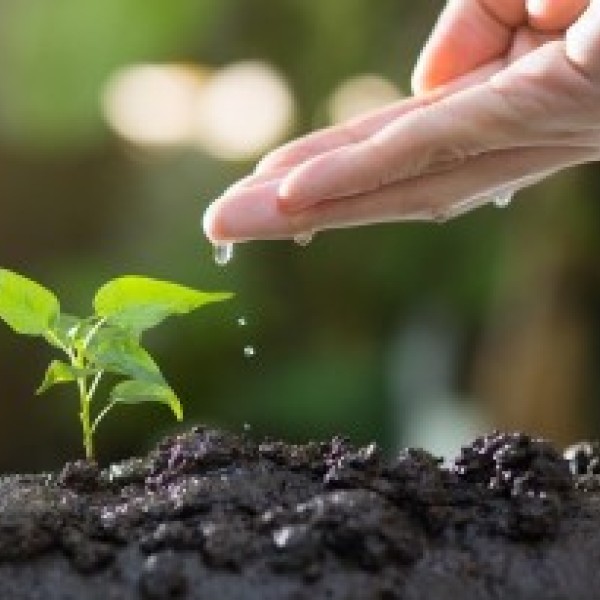Academic focus: Fruit crop physiology and climate adaptation
Research summary: I study how environmental stresses such as temperature, water availability and soil chemistry impact apple and grapevine physiological performance. The key to climate mitigation will be understanding the extent of phenotypic plasticity and adaptive capacity of different apple and grape cultivars, and how that plasticity can be expanded through optimizing the interaction between the scion, rootstock and soil. In addition, I have a keen interest in understanding winter physiology, specifically the physiological adaptations of freeze resistance and epigenetic control of dormancy.
Why did you feel inspired to pursue a career in this field?
Ever since I learned about Mendel’s peas and genetic inheritance, I’ve been hooked on plant science. I am driven to understand how plants adapt to environmental stress and how we can leverage physiological strategies to optimize plant performance. As climate change accelerates the frequency and magnitude of environmental stresses, I am really interested in understanding how far our fruit crop varieties can be pushed and what methods can be used to buffer the worst impacts of climate chaos.
What do you think is important for people to understand about your field?
Working in perennial fruit crops, and particularly with a climate focus, is a long-term program and requires stable funding. Years of replicated studies are needed to provide scientifically rigorous results; growers will not have the capacity to constantly change their varieties or their methodology if we make poor choices or bad recommendations.
What (specifically) brought you to Cornell CALS?
I have worked for the USDA in Geneva for the last 10 years, so CALS has been part of my community for a long time. However, I haven’t been able to engage as directly as I’d like and I couldn’t actively recruit students in my old position. Moving over to CALS gives me the chance to take a creative approach to my research and expand my program into apples.
What do you like to do when you’re not working?
My husband and I became parents during the pandemic when we adopted our daughter, Iris. As such, I like sleeping when I’m not working. When Iris is sleeping, I like to play video games, build things in the garage or spend time outside doing landscaping and gardening. I am on a mission to turn our lawn into a suburban edible forest.
What are three adjectives people might use to describe you?
I hope they would use trustworthy and creative; they also would probably use sarcastic.
Learn more about Jason at https://cals.cornell.edu/jason-londo.





